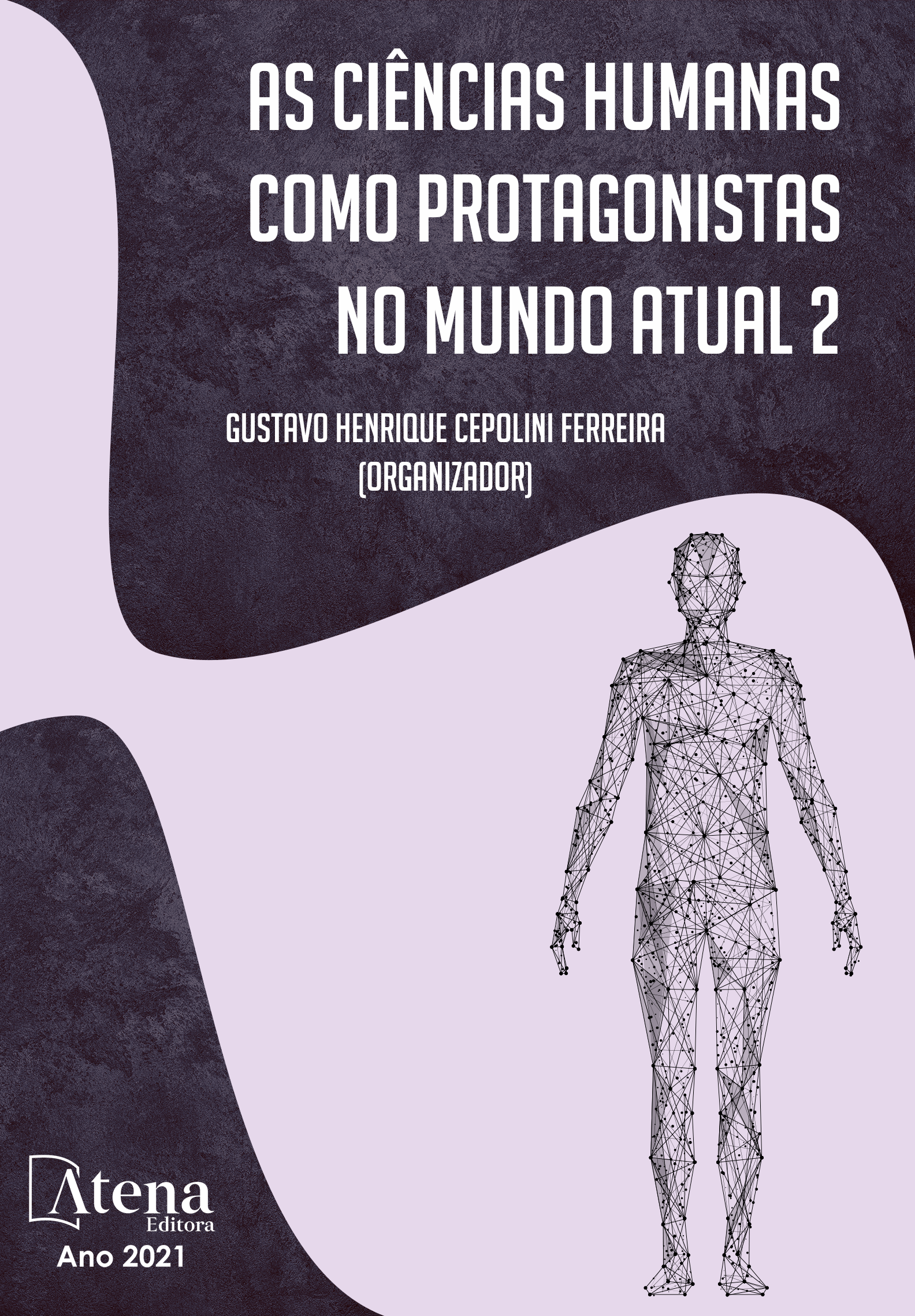
PROFETA-SERVO/PROFETA-ESCRAVO: LIBERTAÇÃO/SALVAÇÃO DO POVO DE DEUS POR MEIO DA JUSTIÇA, DA SOLIDARIEDADE E DA MÍSTICA
O artigo tem como objeto de estudo a análise da perícope de Isaías 49,1-6, o Segundo Canto do Servo de Yhwh, que narra a missão profética do Servo de reunir o povo de Deus no contexto do exílio babilônico, em que a opressão, o sofrimento e a dor eram presentes. Mas não somente! A condição de escravos em terra estrangeira intensificava o sofrimento e, neste contexto, o povo de Deus sonhava com a libertação/salvação. Neste estudo, com base na perícope mencionada, a partir do método histórico-crítico e da leitura conflitual, demonstraremos que o Servo, um profeta anônimo, descrito pelo Dêutero-Isaías, tem a missão de proclamar a libertação/salvação do povo de Deus por meio da justiça, da solidariedade e da mística, considerando, sobretudo a sua própria experiência de sofrimento, de servo e de escravo, portanto, de alguém que conhecia a dor do outro não somente de ouvir dizer, mas de experenciar. Um profeta que nasce em meio ao sofrimento do povo escravo. Esse profeta anônimo surgira no contexto do exílio Babilônico e recebeu a alcunha de profeta-servo (SILVA, 2007) e profeta-escravo (SILVA, 2014), cuja origem da sua vocação tem início no “seio, no ventre de minha mãe” (Is 49,1), lugar de aconchego, segurança, de sentir-se amado e amar. É deste lugar íntimo, que Deus chama e modela o seu profeta-servo/profeta-escravo. De forma que profeta-servo (SILVA, 2007) e profeta-escravo (SILVA, 2014) são duas categorias, cunhadas pela exegese bíblica, que contribuem, significativamente, para a hermenêutica do texto sagrado, a partir da análise da perícope.
PROFETA-SERVO/PROFETA-ESCRAVO: LIBERTAÇÃO/SALVAÇÃO DO POVO DE DEUS POR MEIO DA JUSTIÇA, DA SOLIDARIEDADE E DA MÍSTICA
-
DOI: 10.22533/at.ed.56521110513
-
Palavras-chave: profeta-servo, profeta-escravo, justiça, solidariedade, mística
-
Keywords: prophet-servant, servant-prophet, justice, solidarity, mystique
-
Abstract:
This article study's objective is to analyze the pericope in the Book of Isaiah 49, 1-6, the Second of the Servant Songs, which narrates the prophetic mission of the Servant of Yahweh to gather the people of God during the Babylonian Exile, when oppression, suffering and grief were present. But not limited only! The slave condition in foreign land increased significantly their suffering, making this context a time when the people of God was dreaming with deliverance. In this study, based in the forementioned pericope, from the historical-critical method and the perspective of the confictual reading, we aim to demonstrate that the Servant, the anonymous prophet described by the Deutero-Isaiah Book, have himself the mission to bring deliverance of God's people by the means of justice, solidarity, and the spiritual mystique, considering his own experience with suffering, as a servant and slave, as someone who knew the grief of others. The Servant is a prophet born admist of his enslaved people's sufferance. This anonymous prophet from the Babylonian Exile received the cognomen of prophet-servant (SILVA, 2007) and servant-prophet (SILVA, 2014), with his calling starting "from my mother's womb" (Is. 49, 1), a place of care, safety, and where one feels loved. It is from this intimate place that God called and create his prophet-servant/servant-prophet. Therefoe, prophet-servant (SILVA, 2007) and servant-prophet (SILVA, 2014) are two categories placed by the Biblical exegesis which contribute greatly with the hermeneutics of the sacred text, from the analysis of this particular pericope.
-
Número de páginas: 10
- ROSEMARY FRANCISCA NEVES SILVA
- KARINE MARQUES RODRIGUES TEIXEIRA


